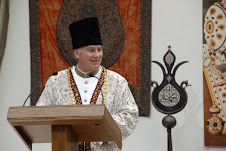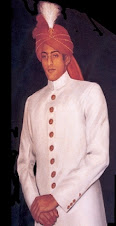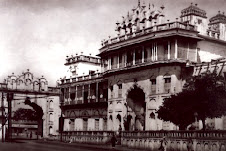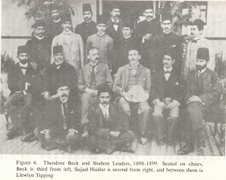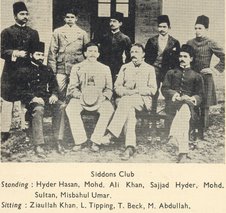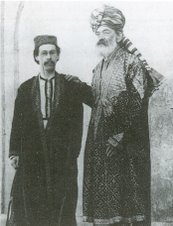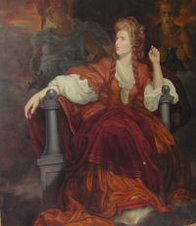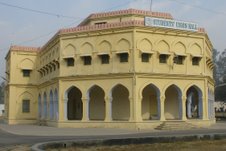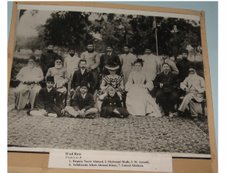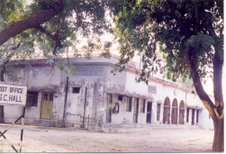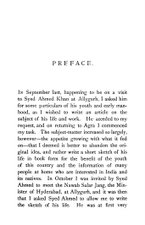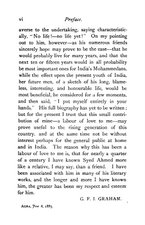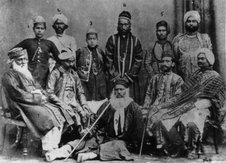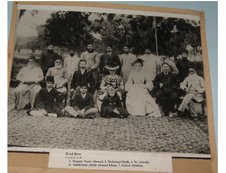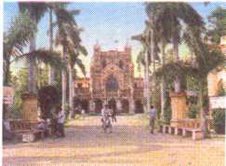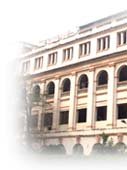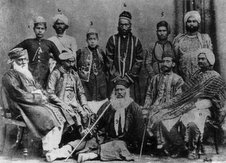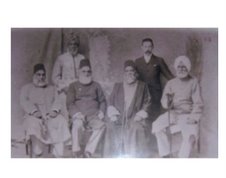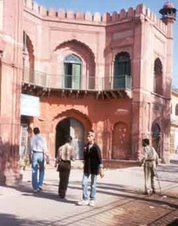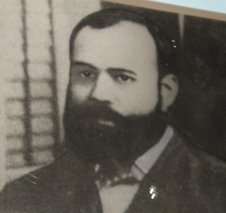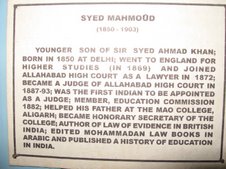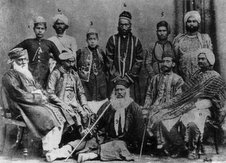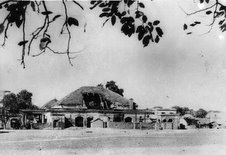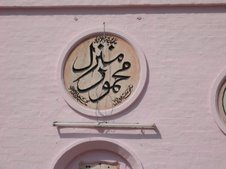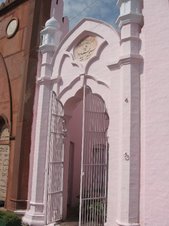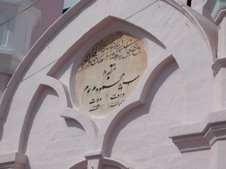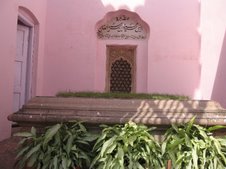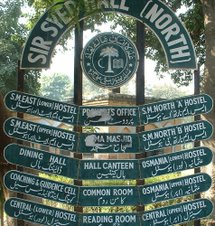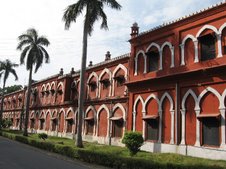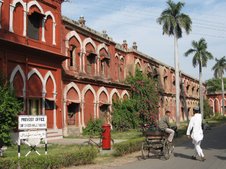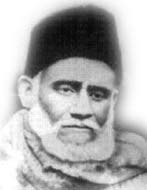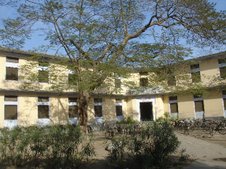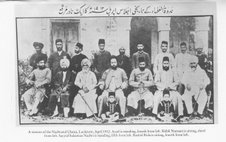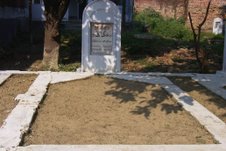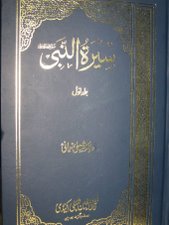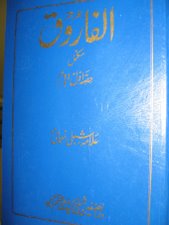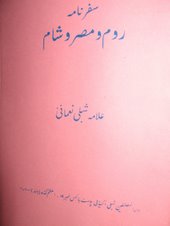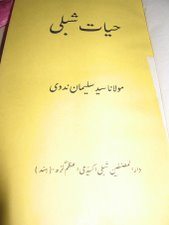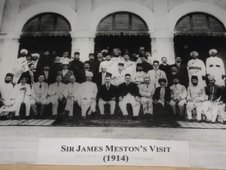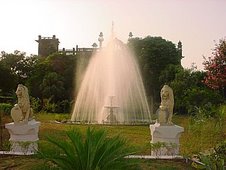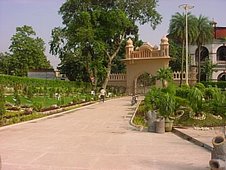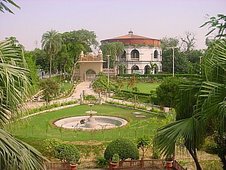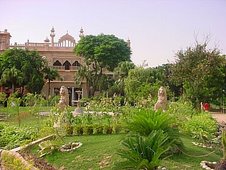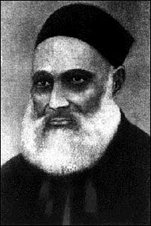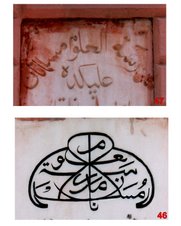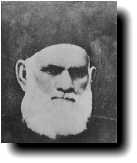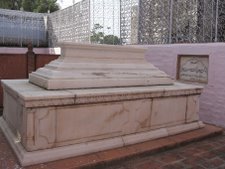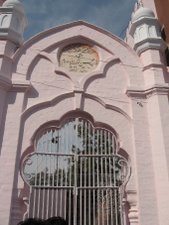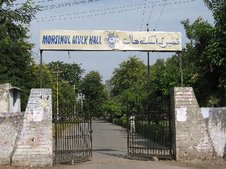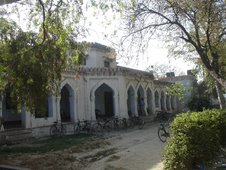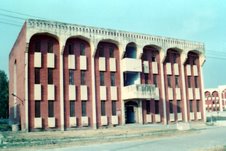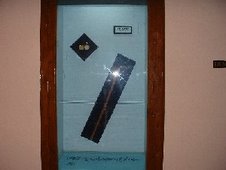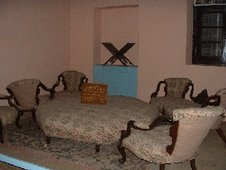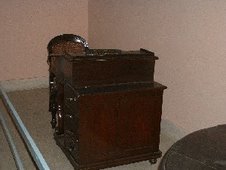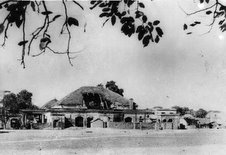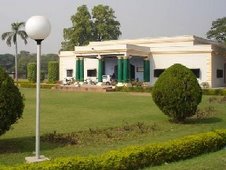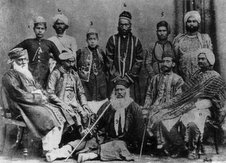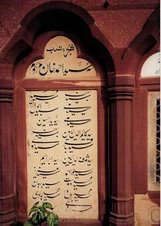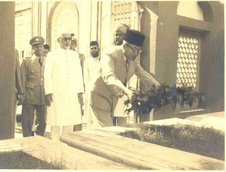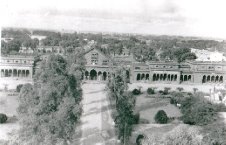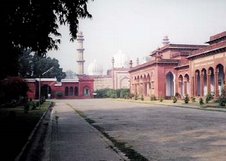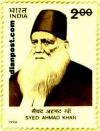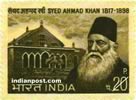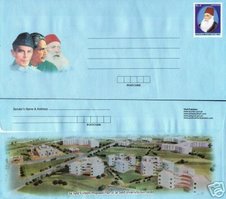Principal MAO College : Theodore Beck
Born: 1859, England
Died: 2nd September 1899: Shimla (Buried at Shimla)
Father’s Name: Joseph Beck
Principal of MAO College: 28th January 1884 to 2nd September, 1899)
Founder Assistant Secretary of Muslims Education Conference: 1886-1899
Founder Honorary Registrar of MAO College: 29th March 1898-1899
In the year of 1859, Theodore Beck was born in the family of a poor businessman Mr. Joseph Beck. Mr. Joseph Beck was a running a small business of Optical, telescope and photographic equipments. With his hard work and sincere efforts, Theodore Beck joined Cambridge University where he met Syed Mahmood and became his close friend.
Association with MAO College and Aligarh Movement:
He could have never imagined that his career will start as MAO College Principal at the age of 24 and will end his with his last breath at the age of 40 as Principal of MAO College and will become the longest serving Principal of MAO College and champion of Muslims education in India. When he joined MAO College at the age of 24 years, some of his students at MAO College were older than him. He was a soft spoken, humble and very cooperative young man. Very soon became very popular among the students. His abilities and interests in College administration made him indispensable for Sir Syed and MAO College. His attitude towards students made him popular among the students. He used to do evening walk with senior students, visit dining halls to have meals with students and do some formal chat in an informal way. He used to make sure to visit those students who are sick and spend sometime with them so that they can not miss their families at the tough time. He used to help needy students from his pocket. He was a very hard working teacher also. At one point of time due to lack of staff members he taught four subjects so that students can not suffer due to lack adequate staff strength. His friendly as well as disciplined attitude made him insensible for Aligarh Movement and he was associated Aligarh Movement till his last breath.
Sir Syed was a big admirer of Theodore Beck’s administrative abilities and commitment for Aligarh Movement. In 1886 when Sir Syed started Muslim Educational Conference and became Founder Secretary of Muslim Educational Conference, he appointed Principal Beck as Assistant Secretary of Muslims Educational Conference. Principal Beck promoted the idea to have to have a debating club for students. The idea was originally put forward by his predecessor, Principal H.G.I. Siddon. Principal Beck named the debating club as SIDDON’s CLUB to honor The Founding Principal of MAO College. It was Siddon’s Club contribution that MAO College and Aligarh Movement have prolific orator and debators like, Sahebzada Aftab Ahmad Khan, Maulana Shaukat Ali, Maulana Muhammad Ali Jauhar, Maulana Zafar Ali Khan and Sarfaraz Hussain. He also started the famous Riding Club
Sir Syed’s political ideology was to distance himself and Muslims of India from active politics and never have confrontation viewpoints with the British rule. He was convinced that Muslims of India can not bear the burden of another mutiny. Principal beck was an ardent supporter of Sir Syed’ political thoughts and always promoted Sir Syed’s political thought to help Muslims of India to uplift them on educational front to compete with others. There is a common mis-conception that Sir Syed’s political vies were inspired by Principal Beck. This concept does not have strong roots as Sir had already expressed his political views even before starting The MAO College and he never deviated from his political ideology.
Theodore Beck & Syed Mahmood:
After the death of Sir Syed Ahmad Khan on 27th March 1898, Syed Mahmood became Secretary to The Trustees of MAO College. On 29th March 1898, Syed Mahmood appointed Principal Beck as Honorary Registrar of MAO College. This appointment leads some crises among the trustees of MAO College and they thought Syed Mahmood is handing over the College to British rule. But Syed Mahmood was firm in his decision and his decision was based on the efficiency and ability of Principal Beck. When Syed Mahmood had some strong differences with The Trustees of MAO College Management, Principal Beck tried to pacify Syed Mahmood and advised him to bring the Trustees closer to him.
Theodore Beck’s Death:
During the summer of 1899, Principal Beck was not feeling well and went to Shimla for his treatment. His health started detoriating. He had a surgery for his lever but never recovered from the problem and on 2nd September, 1899 the die-hard fan of Sir Syed and Aligarh Movement took his last breath in Shimla.











